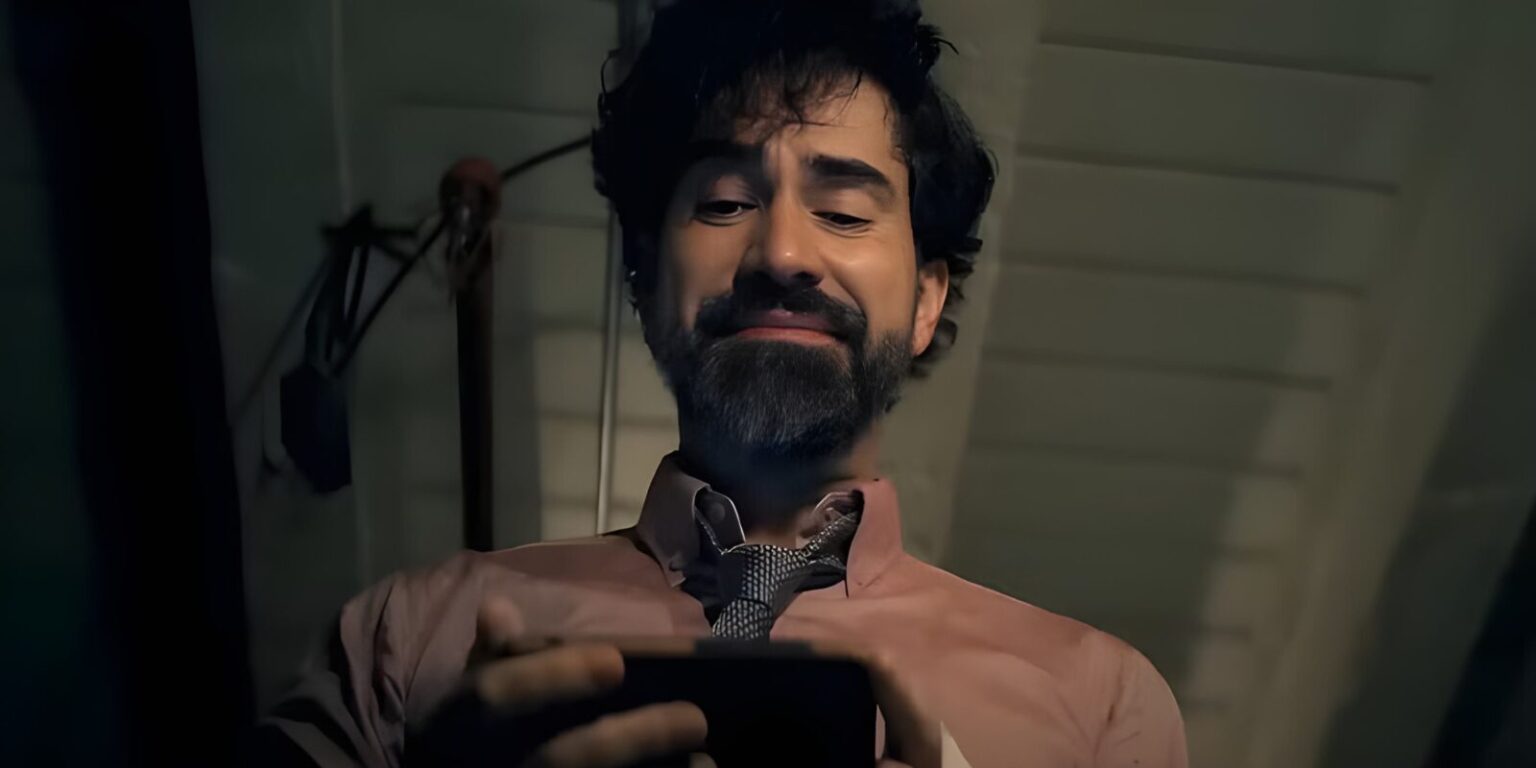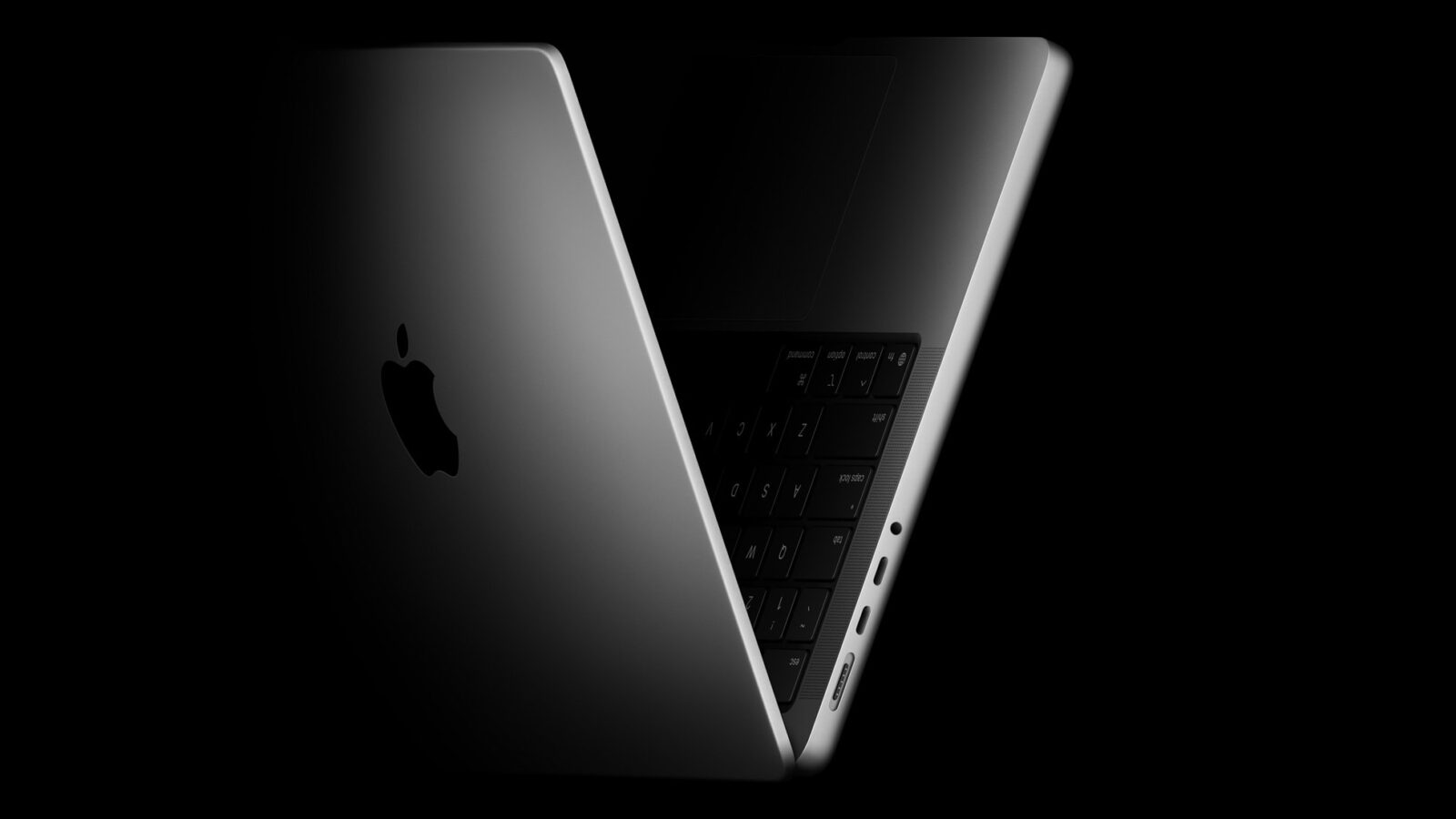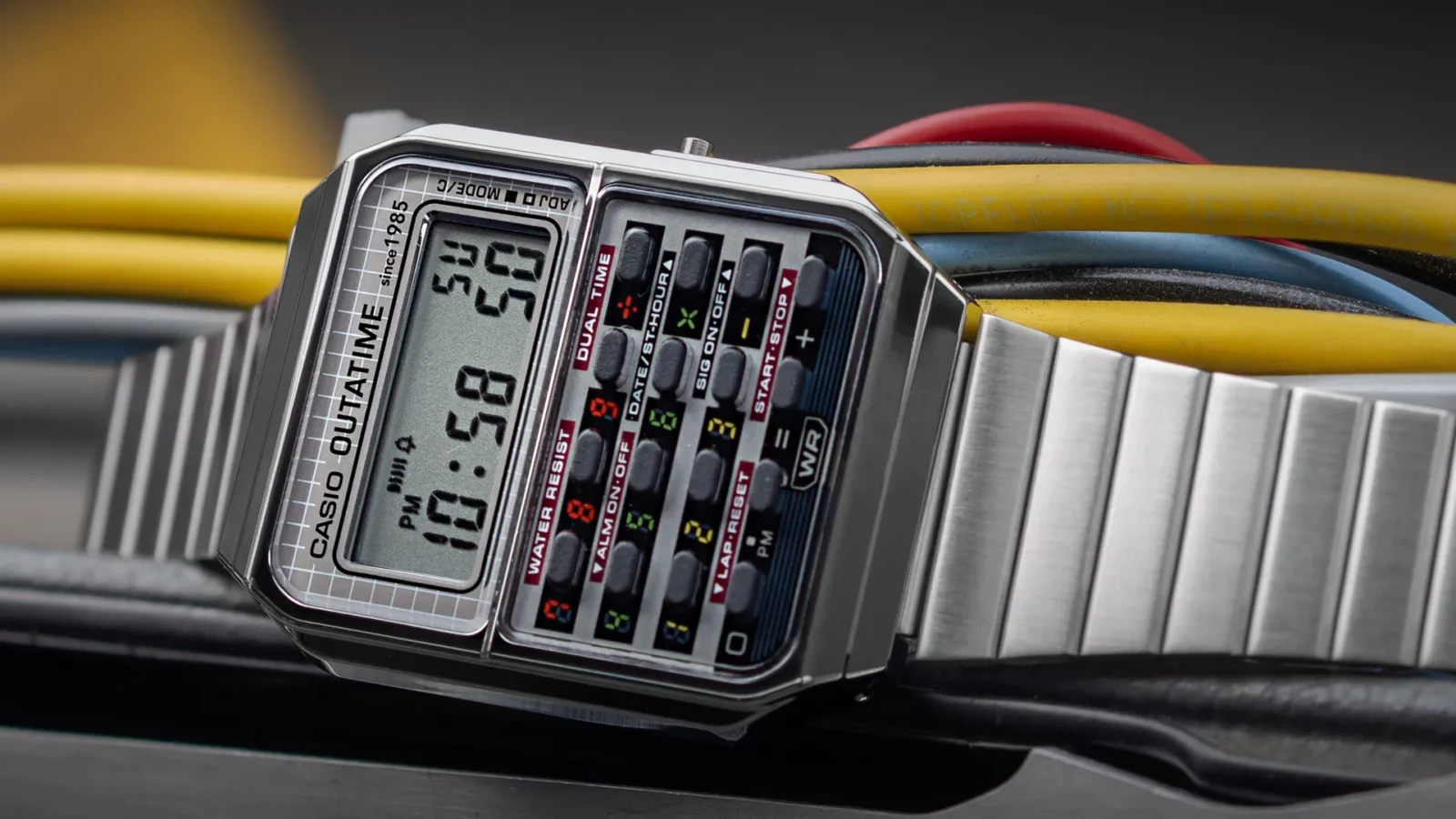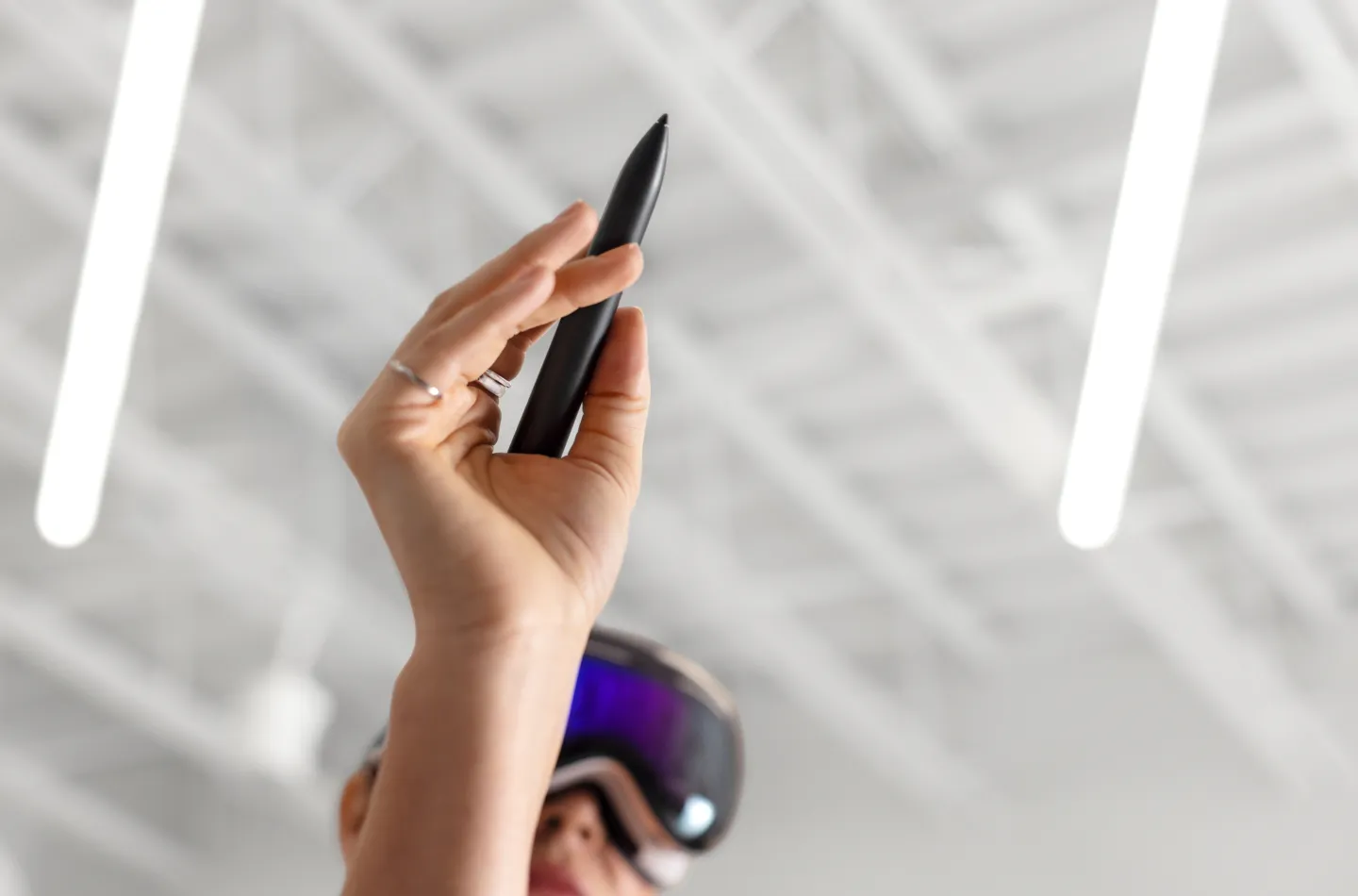TL;DR: Marie levels up, Godolkin goes full cult messiah, Cipher was never the real threat, and love triangles remain the true evil. Four stars — and one massive, jaw-dropping cliffhanger.
Gen V season 2
I didn’t expect to feel this gutted by an episode that literally opens with a guy named Cipher trying to weaponize teenage trauma, but here we are. Gen V Season 2, Episode 7 (titled “Hell Week,” because of course it is) takes the chaos of Godolkin University and spins it into something that feels like a blood-slick Greek tragedy for influencers with compound V in their veins. The show’s always been about power — the kind you’re born with, the kind you steal, and the kind you convince yourself you deserve — but this week, it decides to crack open its own mythology and smear it across the walls like a Rorschach test made of red goo. It’s messy, fascinating, and occasionally infuriating. And I kind of loved it.
Let’s get this out of the way: Gen V is still very much The Boys’ chaotic younger sibling — the one who vapes, argues about Marxism on Discord, and accidentally burns down the garage during a chemistry experiment. But Episode 7 makes a strong case that it’s no longer content to live in Homelander’s shadow. This installment isn’t just a setup for the finale; it’s a declaration that this spin-off has teeth — and maybe even a heart buried somewhere under all that gore.
Marie Moreau has always been the show’s emotional nucleus — a character who literally bleeds for every ounce of agency she claims. Played with aching sincerity and simmering rage by Jaz Sinclair, Marie finally crosses the threshold that Gen V has been teasing since the pilot. The episode leans into the long-running comparison between Marie and Homelander, a contrast that’s both obvious and brilliantly horrifying. She’s a walking contradiction: a woman whose superpower is both healing and harm, a mirror of what Vought wants to commodify and what it fears most — a supe who might actually care.
When Marie uses her powers to heal Polarity, it’s not just a moment of revelation — it’s an act of defiance. She’s literally rewriting what it means to wield blood. The scene is almost religious in tone, the lighting dipping into that Vought-esque propaganda glow, as if the camera itself can’t decide whether this is a miracle or a warning. And in typical Gen V fashion, it’s both.
What fascinates me about this subplot isn’t just the visual spectacle but the quiet horror of it. Marie doesn’t heal because she wants to play god; she heals because no one else will. She’s the only one who refuses to let the system write off a broken man as collateral damage. The episode tries, unsuccessfully, to nudge us into sympathizing with Cate, but Marie’s moral compass — brittle and bloodstained though it is — remains the show’s most compelling gravity well. She’s the closest thing the Voughtverse has to a saint, and that should terrify everyone.
Here’s where the episode stumbles — hard. The interpersonal drama between Emma, Sam, and Greg feels like it wandered in from another show entirely. Don’t get me wrong: I adore Emma. Lizze Broadway continues to play her with a vulnerability that feels ripped out of a coming-of-age indie movie, all shaky smiles and desperate hope. But watching her get stuck in a love triangle while the apocalypse brews outside the dorm feels like emotional filler in an otherwise streamlined story.
Sam’s jealousy over Greg doesn’t add texture to his character; it reduces him. Asa Germann is doing heroic work trying to sell Sam’s cocktail of trauma and affection, but the subplot feels like watching someone perform a breakup in the middle of a hostage situation. There’s this tonal whiplash where the episode wants to oscillate between emotional intimacy and explosive tension — and it never quite finds the rhythm. You can feel the writers trying to humanize their heroes, but at this point in the season, the stakes are too high for petty miscommunications to feel anything but hollow.
What does work, however, is the slow, patient rebuild of Marie’s relationship with her sister Annabeth. Their reunion could’ve easily been manipulative — the kind of melodramatic TV shorthand we’ve all grown numb to — but instead, it’s tender, haunted, and messy in all the right ways. Annabeth’s confession about ignoring a vision that might’ve saved their parents gives the episode its most vulnerable moment. For once, the supernatural doesn’t drown out the human. It amplifies it.
Every good The Boys property needs a conspiracy, and Gen V’s been dangling the Cipher mystery for long enough that I half-expected it to fizzle out in a cloud of exposition. Instead, we get something weirder and more satisfying: Cipher isn’t who he says he is — or rather, he’s a puppet whose strings have been pulled so long he’s forgotten he ever had a choice. Hamish Linklater plays him with a kind of manic resignation that makes you pity and loathe him simultaneously.
The reveal that Thomas Godolkin has been the true puppet master all along is the kind of late-season twist that could’ve easily landed flat. Instead, it’s executed with a slow, eerie precision. Ethan Slater, with his unnervingly cherubic face, plays Godolkin like a prophet who’s tasted his own Kool-Aid. There’s something genuinely chilling about the way he moves — not like a man reborn, but like an idea that’s learned how to walk.
And that’s what makes the twist work: Gen V has always been about the commodification of belief. Vought sells superheroes the way Apple sells iPhones — shiny, aspirational, and carefully detached from the ethical rot that makes them possible. By revealing Godolkin as the true villain, the show reframes the entire season as an experiment in indoctrination. Cipher wasn’t the villain; he was the curriculum.
When Marie heals Godolkin, the scene walks a razor’s edge between divinity and doom. It’s framed like a resurrection, but the cinematography refuses to let it be comforting. The camera lingers on the strain in Marie’s face, the tremor in her voice. She’s not healing a man; she’s reviving a monster. And when he opens his eyes, reborn and gleaming with that cult-leader intensity, you can feel the entire moral architecture of the show collapse under its own weight.
Godolkin’s first act as a resurrected demigod is to murder a student for being weak. It’s grotesque, yes, but it’s also heartbreakingly thematic. The supe hierarchy has always been about worth — who’s marketable, who’s dangerous, who’s expendable. Godolkin’s ideology is just Vought’s PR doctrine stripped of its glossy veneer. He’s the monster the system always promised to create.
By the time the episode ends, the dominoes have all fallen: Cipher’s been unmasked, Godolkin is free, and Marie’s powers have crossed the threshold of myth. The finale looms, promising chaos, but what lingers isn’t the spectacle — it’s the heartbreak. Every victory feels poisoned. Every act of heroism carries a debt. And as the camera pans over the ruins of Godolkin U, you can almost hear the whisper that defines this universe: nothing stays pure.
The genius of Gen V — and particularly this episode — is its refusal to moralize. It doesn’t tell you who to root for. It just lays out the blood and lets you decide what it means. And somewhere between the carnage and the catharsis, it dares to ask a question that The Boys never quite did: what happens when power isn’t corrupting you — it’s all that’s keeping you alive?
“Hell Week” isn’t perfect. The pacing wobbles, the romantic subplots occasionally derail the momentum, and the episode tries too hard to force empathy for characters who haven’t earned it. But when it hits, it hits like a thunderclap. The writing is sharp, the performances blistering, and the final twist reshapes everything we thought we knew about this world. It’s the kind of penultimate episode that feels like standing on a cliff, wind whipping your face, knowing the fall is inevitable and still stepping forward anyway.







